In the industrial sector, the efficient transportation of liquids is essential for various operations, ranging from chemical manufacturing and petroleum refining to food processing and water supply. A crucial innovation that has revolutionized liquid transportation is the advent of tank trucks. These specialized vehicles have transformed the way liquids are transported, offering numerous benefits and improving overall operational efficiency. In this article, we will explore the significant role that tank trucks play in the industrial sector and delve into the ways they have revolutionized liquid transportation.
- Versatile and Customizable Solutions: Tank trucks provide a versatile and customizable solution for liquid transportation in the industrial sector. They are available in a wide range of sizes and configurations, allowing businesses to select the truck that best suits their specific needs. Whether it’s transporting large quantities of chemicals, petroleum products, or bulk liquids, tank trucks can be tailored to accommodate various types of liquids and quantities, ensuring efficient logistics operations.
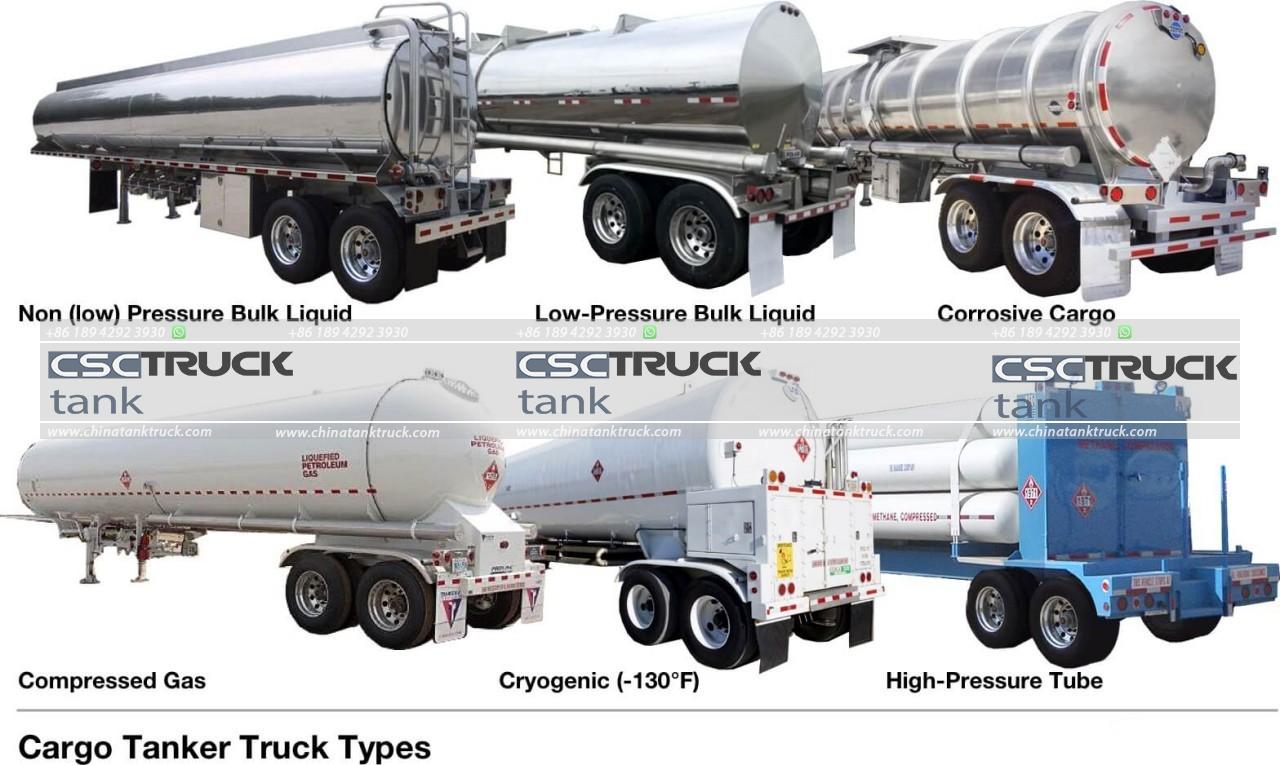
- Efficient and Timely Delivery: One of the primary advantages of tank trucks is their ability to facilitate efficient and timely delivery of liquids. Unlike other modes of transportation, tank trucks offer direct point-to-point delivery, eliminating the need for intermediate storage and transshipment. This reduces the chances of contamination, spillage, and product loss during transfer. Tank trucks also have the flexibility to reach remote locations and deliver liquids directly to the desired destination, enabling businesses to meet stringent deadlines and fulfill customer demands promptly.
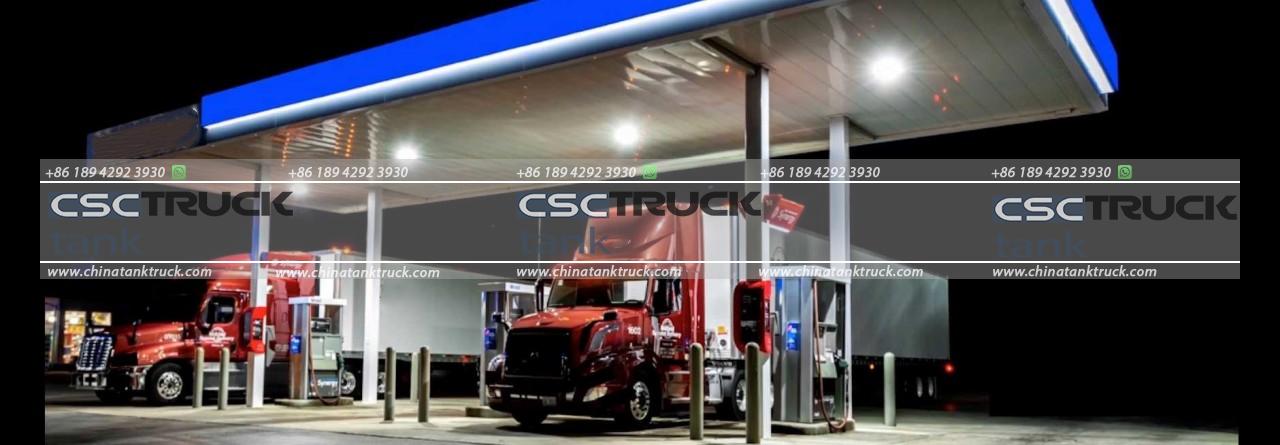
- Enhanced Safety Measures: Safety is paramount in liquid transportation, and tank trucks are designed with a range of safety features to ensure the secure transport of hazardous or sensitive liquids. These trucks are equipped with specialized tanks constructed from materials compatible with the transported liquid to prevent leaks or reactions. Additionally, tank trucks incorporate safety mechanisms such as pressure relief valves, emergency shut-off systems, and spill containment features to minimize the risks associated with handling and transporting hazardous liquids. The implementation of these safety measures enhances worker safety, protects the environment, and reduces the likelihood of accidents or incidents during transportation.
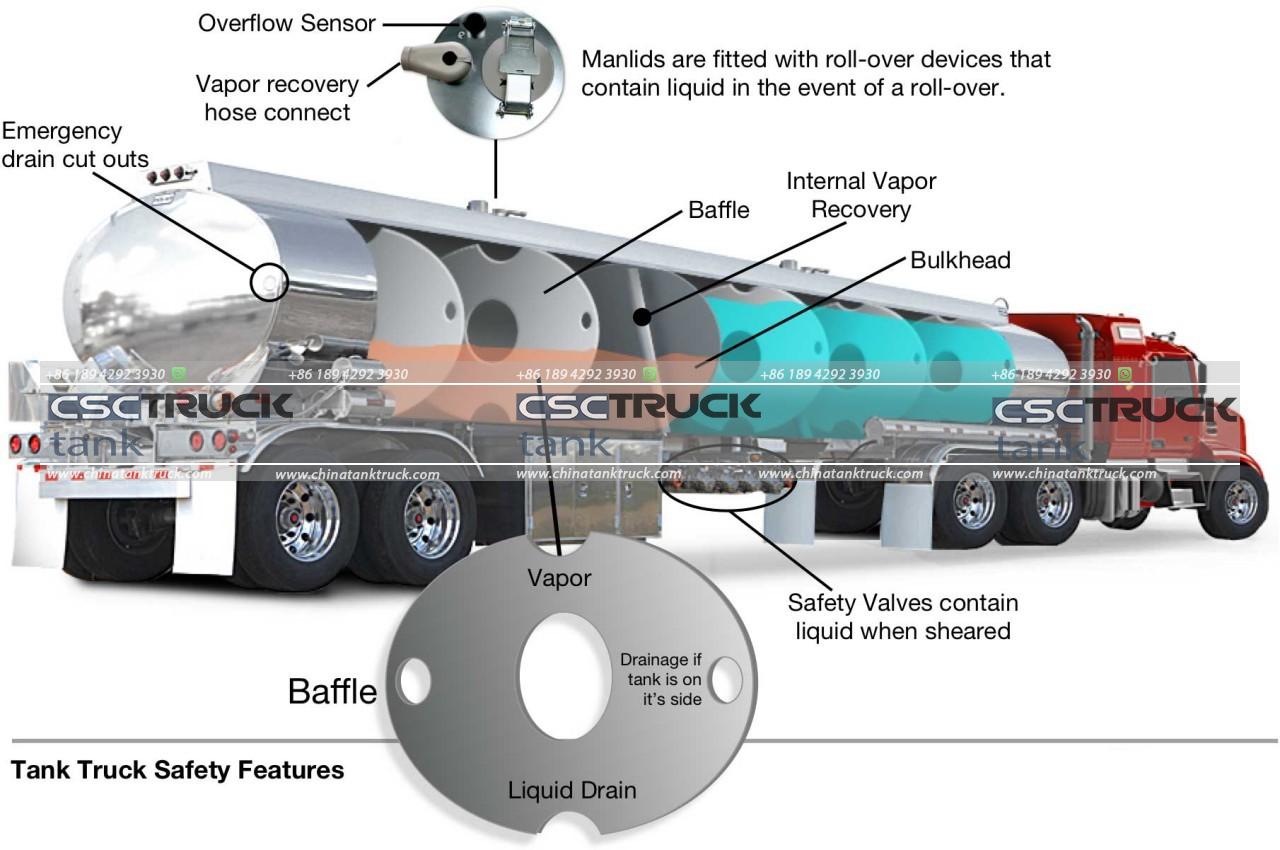
- Optimal Preservation of Liquid Integrity: Certain liquids, such as chemicals or food products, require specific conditions to maintain their integrity during transportation. Tank trucks are designed to provide optimal preservation of liquid quality and properties. They are equipped with insulation, temperature control systems, or refrigeration units to ensure that temperature-sensitive liquids remain within the desired range throughout the journey. This helps preserve the chemical composition, freshness, and quality of the transported liquids, making tank trucks an ideal choice for industries that deal with sensitive or perishable substances.
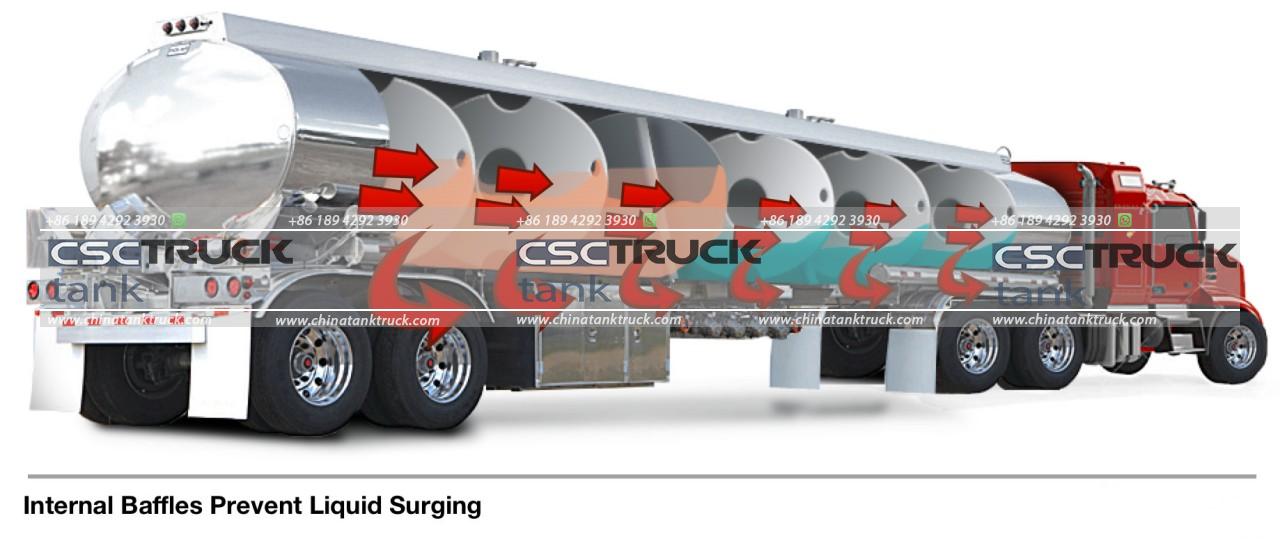
- Efficient Loading and Unloading Processes: Tank trucks offer efficient loading and unloading processes, reducing turnaround time and increasing productivity. These trucks can be equipped with various mechanisms such as top-loading ports or bottom-loading systems, depending on the specific requirements of the liquid being transported. Furthermore, pump systems and hoses are often integrated into tank trucks, allowing controlled and precise discharge of the liquid at the destination. Such efficient loading and unloading processes contribute to streamlined operations, minimized downtime, and improved overall productivity.
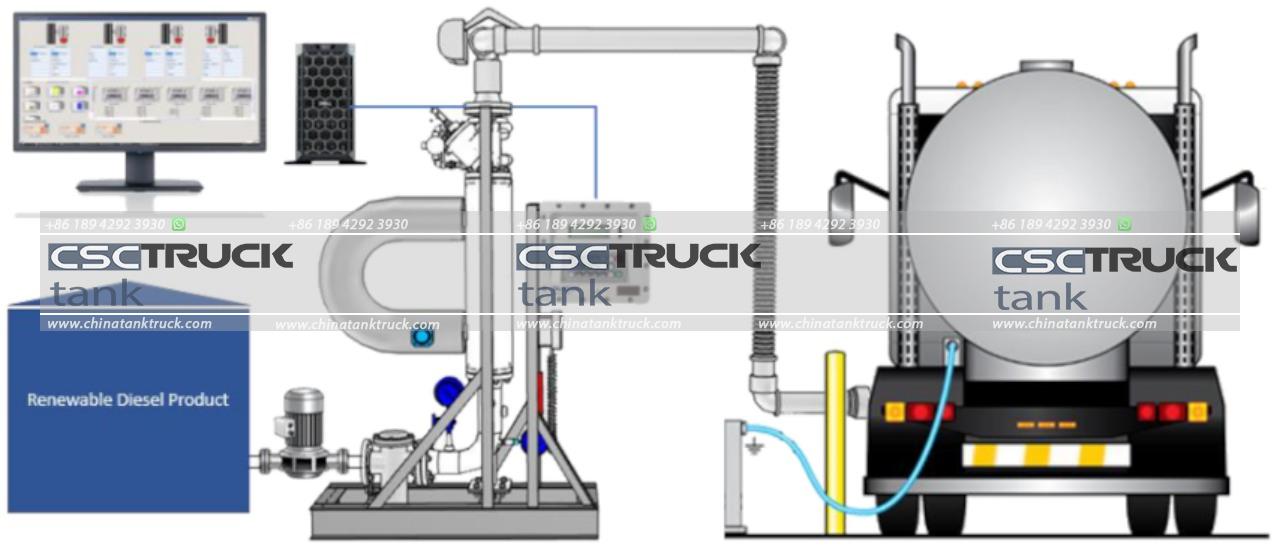
- Cost-Effective Solution: Tank trucks provide a cost-effective solution for liquid transportation in the industrial sector. By eliminating the need for intermediate storage facilities and transshipment, businesses can reduce associated costs and optimize their supply chain. The direct point-to-point delivery system offered by tank trucks also minimizes handling and transfer expenses. Additionally, the versatility and customizable nature of tank trucks ensure that businesses can select the appropriate truck size and configuration that aligns with their specific needs, avoiding unnecessary expenditures on oversized or underutilized vehicles.
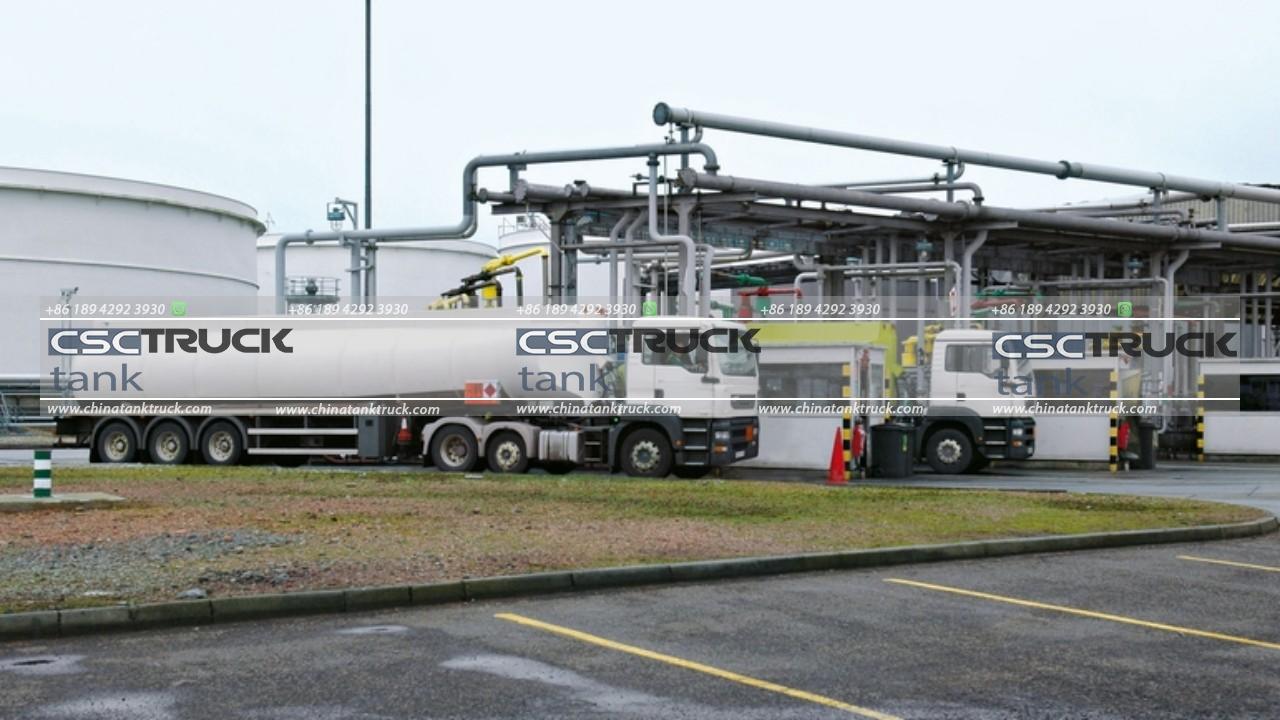
- Environmental Considerations: With a growing focus on environmental sustainability, tank trucks have made significant strides in reducing their ecological impact. Many modern tank trucks are designed with eco-friendly features such as reduced emissions, improved fuel efficiency, and noise reduction mechanisms.
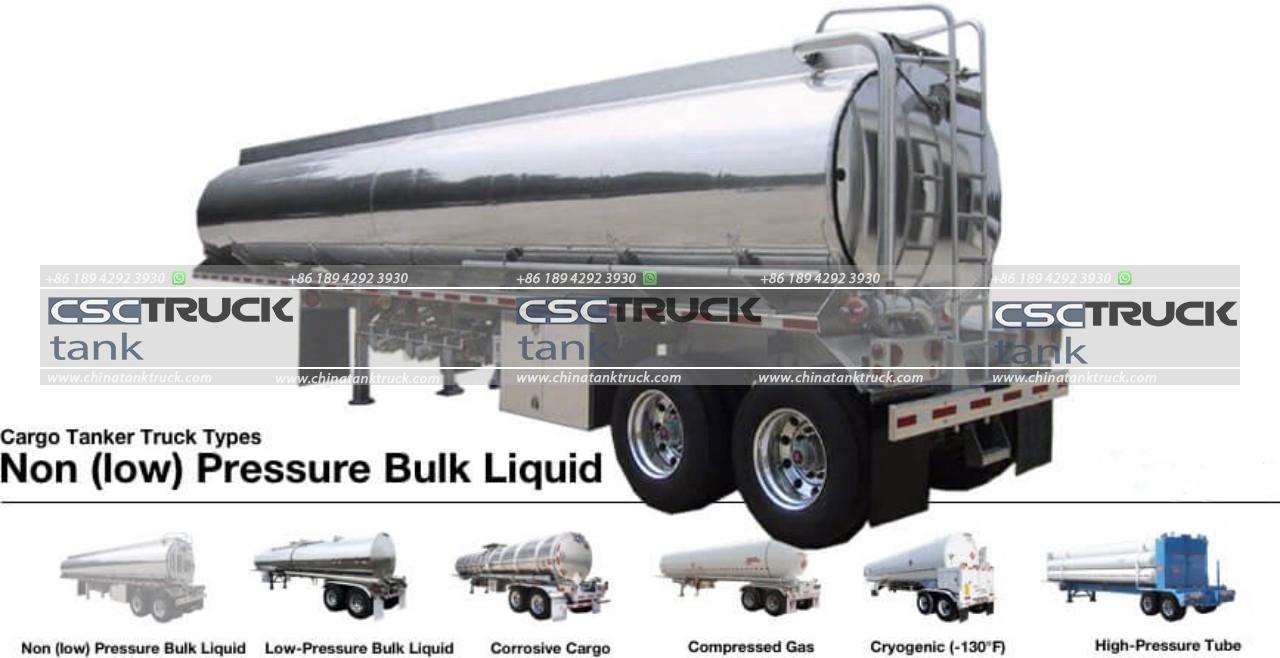
In conclusion, tank trucks have revolutionized liquid transportation in the industrial sector by providing versatile and customizable solutions, efficient and timely delivery, enhanced safety measures, optimal preservation of liquid integrity, efficient loading and unloading processes, cost-effectiveness, and environmental considerations. These specialized vehicles have improved operational efficiency, ensuring the seamless transport of liquids significantly while prioritizing safety, quality, and sustainability.
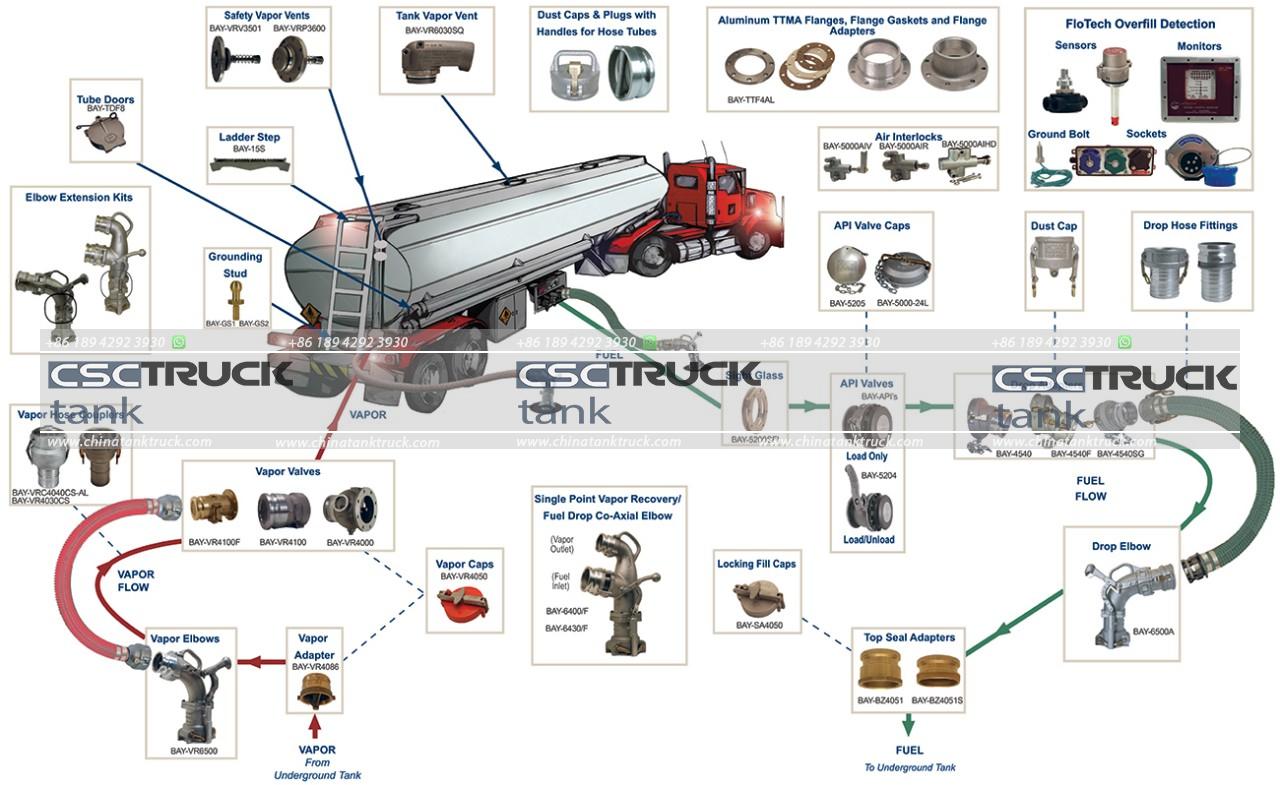
The advancements in tank truck technology continue to drive innovation in the liquid transportation industry. Manufacturers are constantly developing new features and technologies to further enhance the capabilities of tank trucks, including improved safety systems, advanced tracking and monitoring capabilities, and eco-friendly designs.
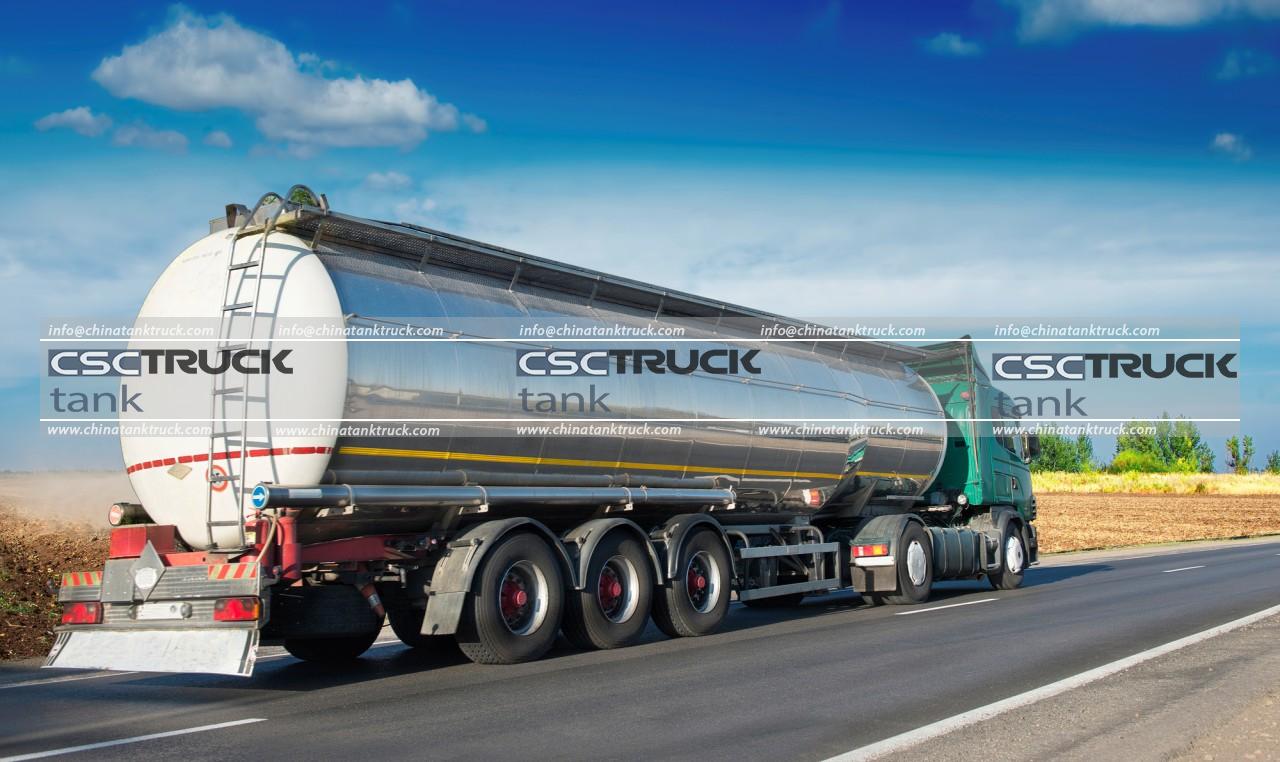
As businesses across industries rely on the transportation of liquids to support their operations, the role of tank trucks becomes increasingly vital. By investing in well-maintained tank trucks and partnering with reliable transportation providers, businesses can optimize their supply chains, meet customer demands, and contribute to a more sustainable future.
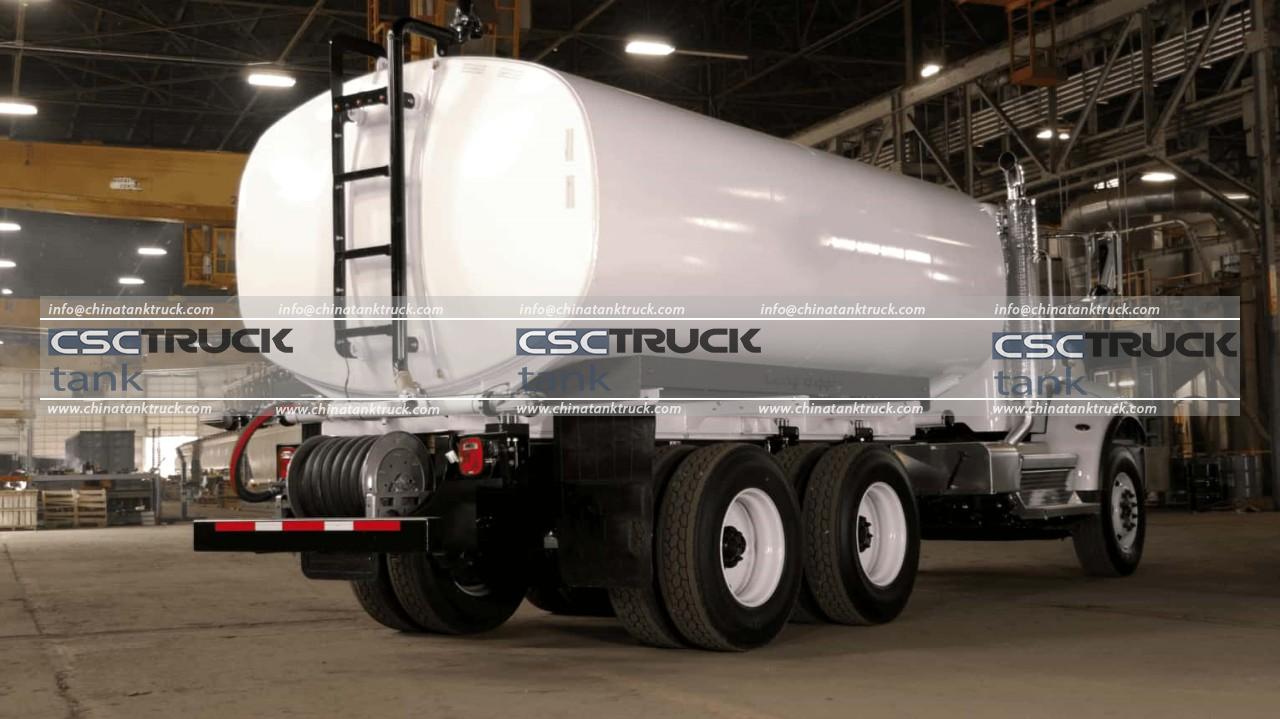
In a rapidly evolving industrial landscape, where efficiency, safety, and environmental responsibility are paramount, tank trucks stand as a testament to human ingenuity and innovation. These vehicles continue to revolutionize liquid transportation, playing a crucial role in driving the growth and success of industries worldwide.

